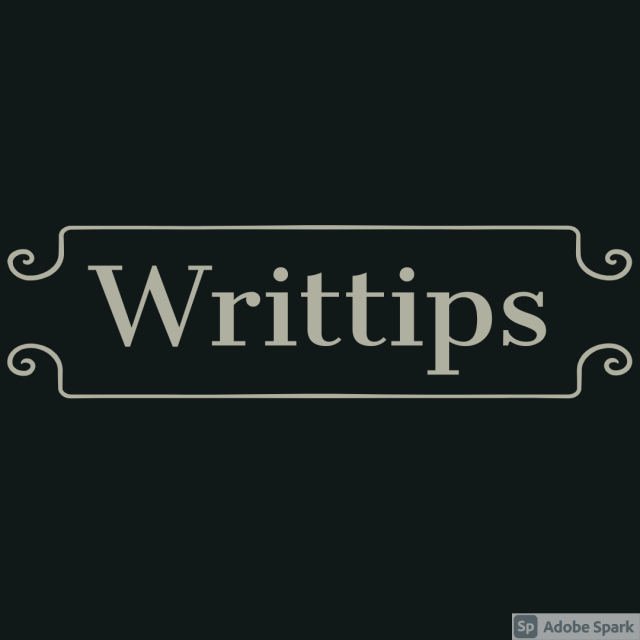#authors
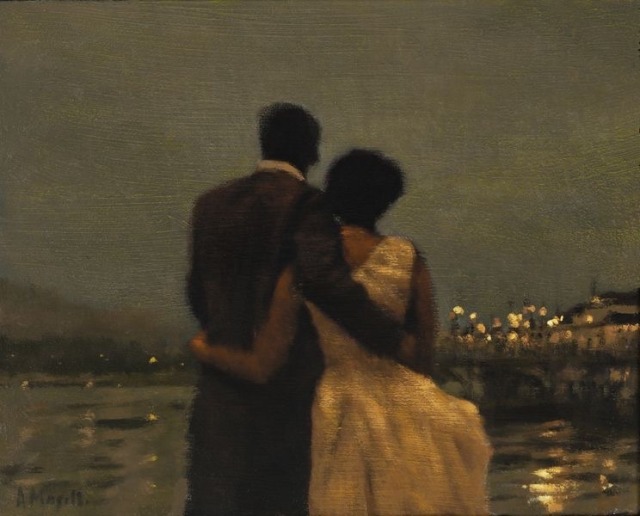
We sometimes encounter people, even perfect strangers, who begin to interest us at first sight, somehow suddenly, all at once, before a word has been spoken—crime and punishment by fyodor dostoevsky.
“Do not let your fire go out, spark by irreplaceable spark in the hopeless swamps of the not-quite, the not-yet, and the not-at-all. Do not let the hero in your soul perish in lonely frustration for the life you deserved and have never been able to reach. The world you desire can be won. It exists.. it is real.. it is possible.. it’s yours.”
Ayn Rand, Atlas Shrugged (1957).





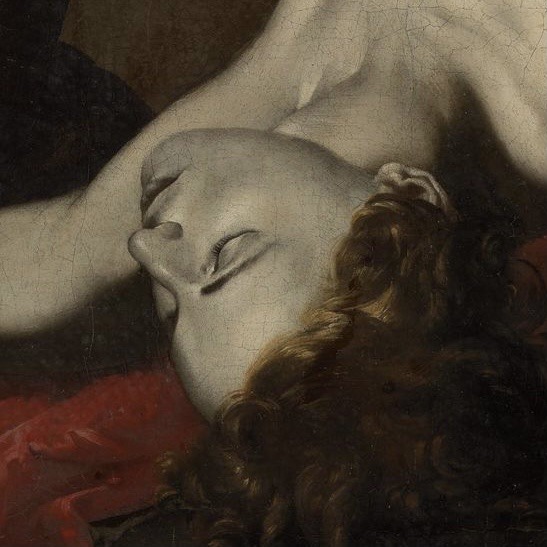
Venus Discovering the Dead Adonis (detail), 1650
unknown artist.


Salome (detail), 1906
by Franz von Stuck.
“The greatest hazard of all, losing one’s self, can occur very quietly in the world, as if it were nothing at all. No other loss can occur so quietly; any other loss - an arm, a leg, five dollars, a wife, etc. - is sure to be noticed.”
Søren Kierkegaard, The Sickness Unto Death.
“I believe in some blending of hope and sunshine sweetening the worst lots. I believe that this life is not all; neither the beginning nor the end. I believe while I tremble; I trust while I weep.”
Charlotte Brontë, Villette(1853).

Solitude Sometimes is Best Society (illustration), 1800s
by Gustave Doré.


The Death of Socrates (painting), 1748 - 1825
by Jacques-Louis David.
How to Get Over Writers Block
(I know this isn’t really an INFJ thing like I usually post, but I felt the need to write this to help others with this problem)
So, I have been writing book for forever it seems like, but, as a book writer, I could never finish a book because I was always having writers block, I never understood why I couldn’t finish it…
Until now.
So here are some things you should to to prevent writers block or get over one you are having without completely stopping your book writing process.
Don’t focus on the details. Remeber, this is draft one. You can always edit it later. So I tend to write only the dialogue and add in notes what I can image the character doing or thinking so when I edit it, I can add more detail to that part of the book and describe step by step after draft one.
Write down every idea. So, sometime, I get random ideas on what to write. Like, I’ll be eating breakfast and get an idea to write something that might happen in the book I want to add in the future. So I write it down. And the whole plot build because I write down every single thing I want to happen in the book, it’s the matter of arranging it in order.
No such thing as beginning to end. This is what really got my attention and made me realize my source of writers block is from the feeling I have to write the book from beginning to end when, in reality, that’s not how it works for most people. If I feel I can’t write anymore of one part of my book I am writing, I will skip that part and move on to either the closest part I feel like writing or, I might even write something that happens towards the end, so that way I can always edit it and it will flow smoothly while still keeping that idea I had beforehand.
Who are the characters. This kinda helped me a lot. If you do end up taking a break, this helps remembering which character is who and their personality. For instance, I like to use reference pictures to describe the looks of my character and I write the description of the characters appearance and their personality. I also to a background of their life so I know what they have gone through to be who they are today.
I don’t know if this would help anyone. I know this helped me a lot when writing and I’m getting closer to finishing my first book than I ever did before because of this method I decided to use. I hope this advice could help others with their writings! Let me know if this helped you!
J. R. R. Tolkien.
Análisis de su obra.







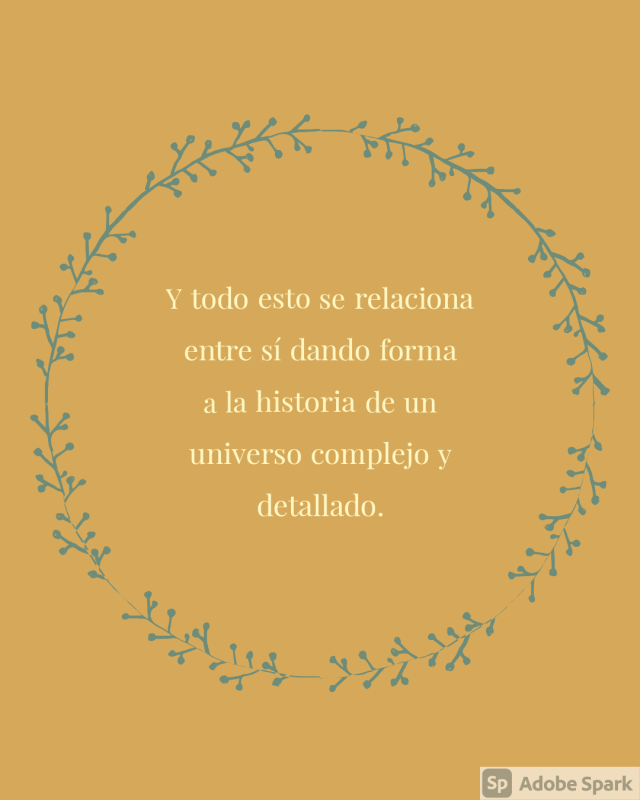

Revistas literarias
Para que podáis inspiraros y publicar vuestros relatos.


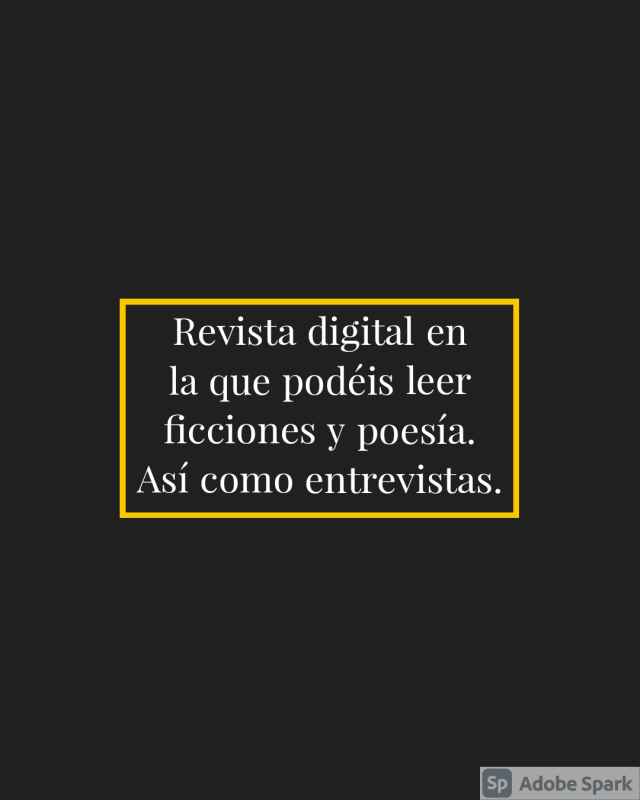

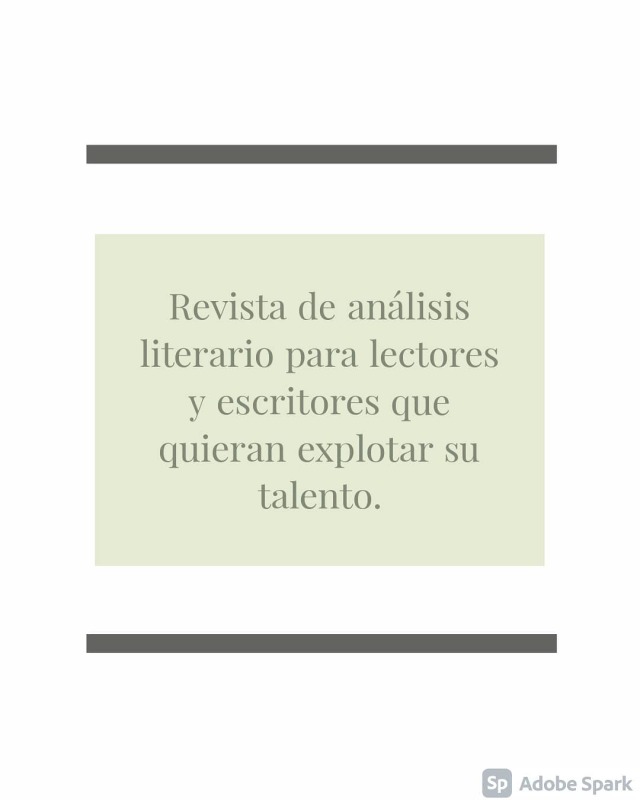




Quote

Beneficios de comprar en librerías (no online).


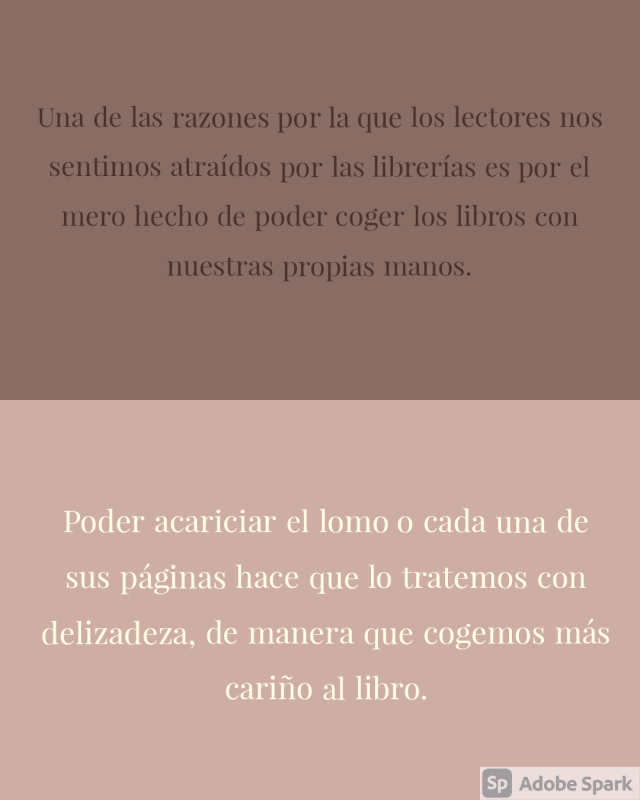


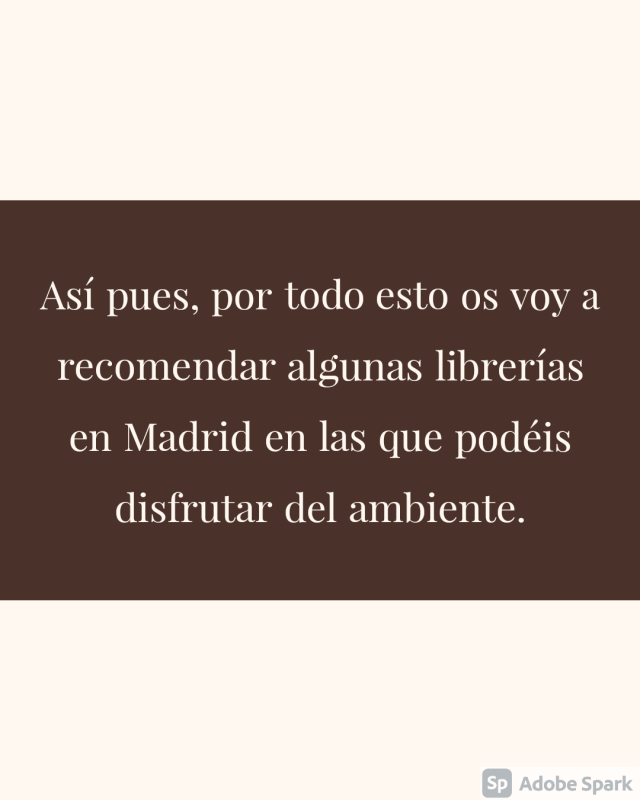



¿Cuáles son vuestras librerías favoritas?
¿De dónde sacar tiempo para leer?




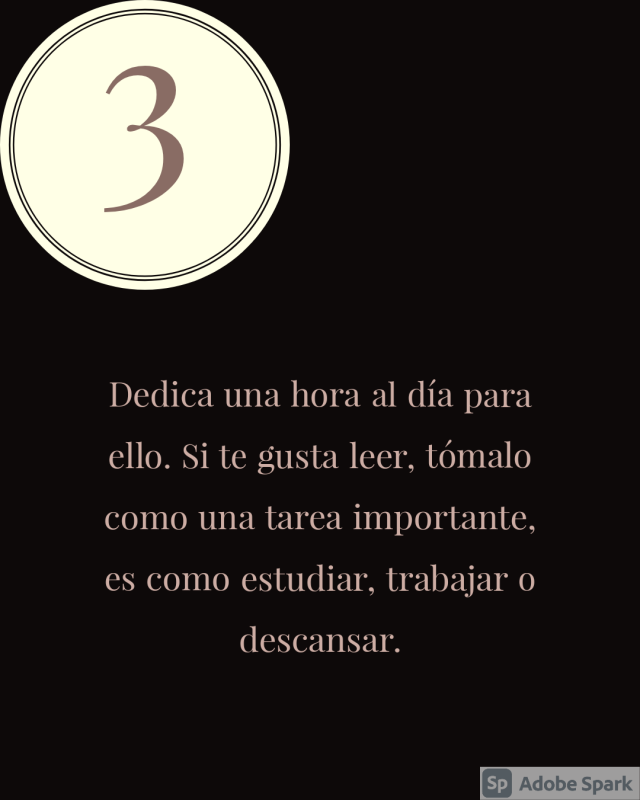





Muchos consejos, encuestas y más en Instagram: writtips.
No dudéis en escribirme si tenéis alguna duda o queréis hablar sobre literatura ;)
Construcción de la escena
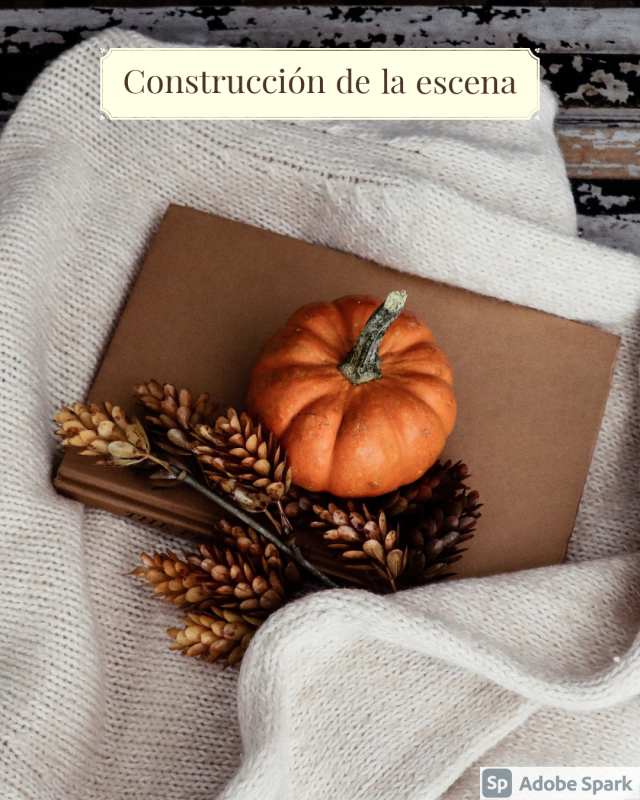



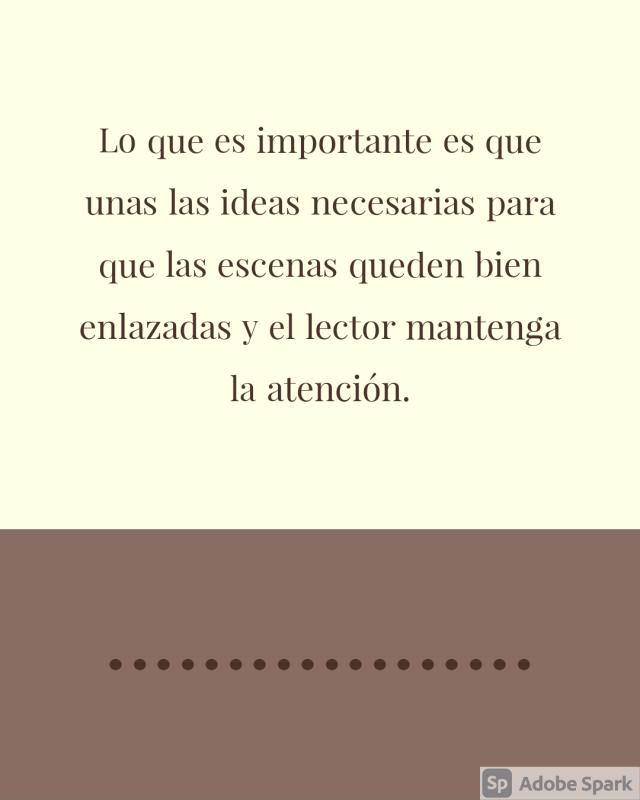
Más cuentas de Instagram para lectores y escritores.



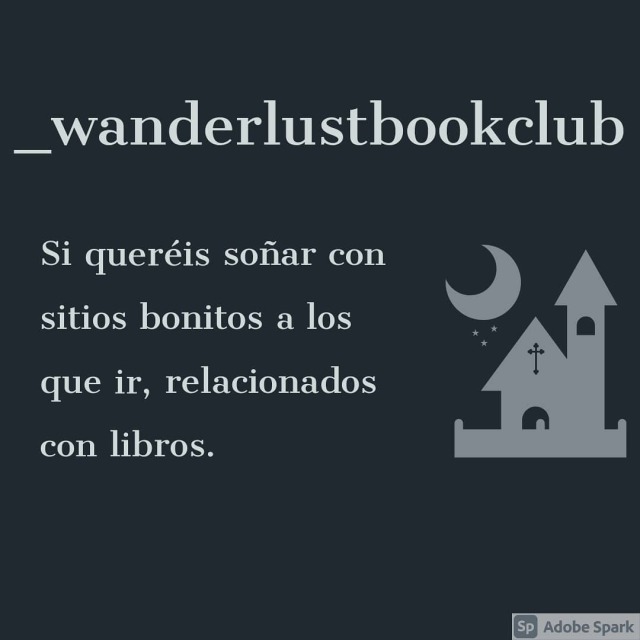


¿Cuáles seguís vosotros?
¿Qué es un escritor?






El plagio creativo.
Cómo usarlo para que no sea copiar a otros autores.
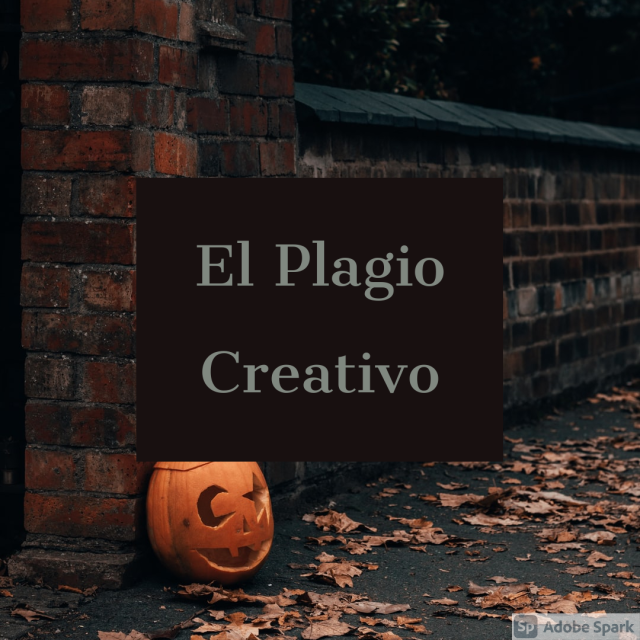
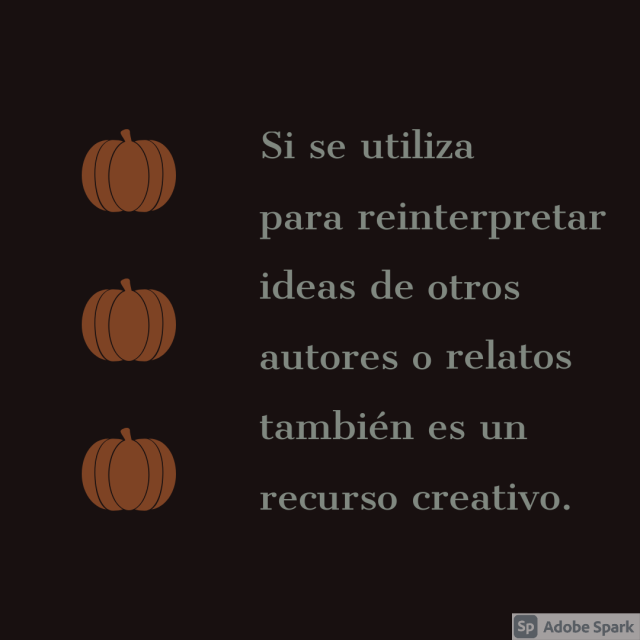
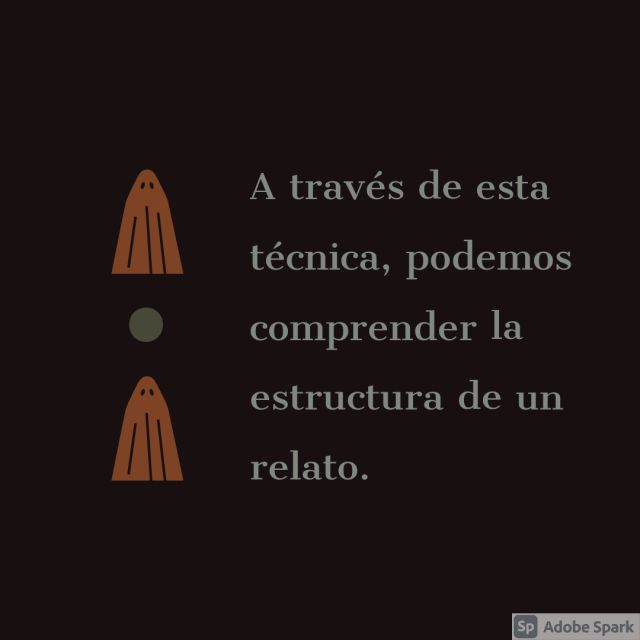

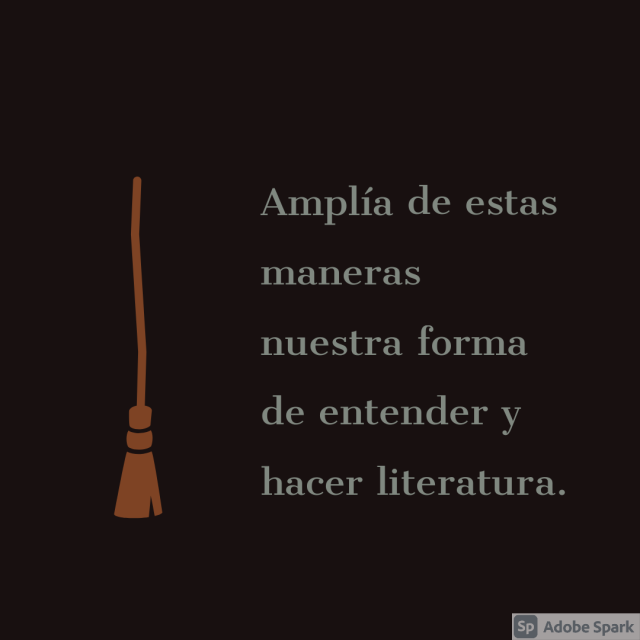
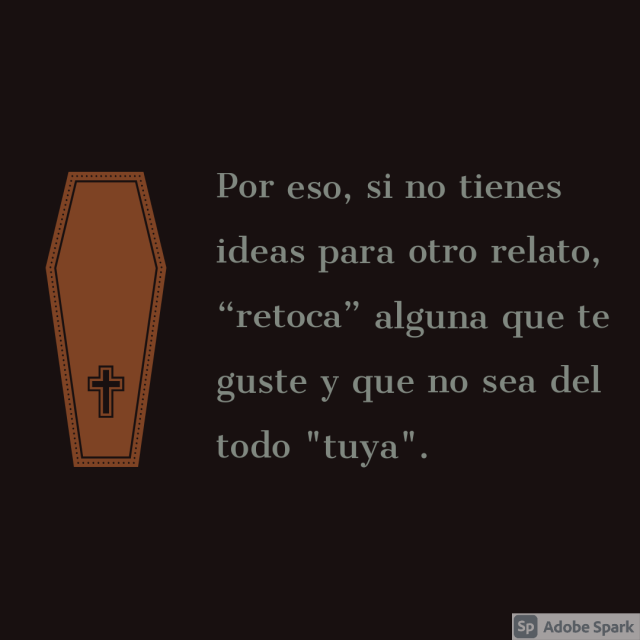
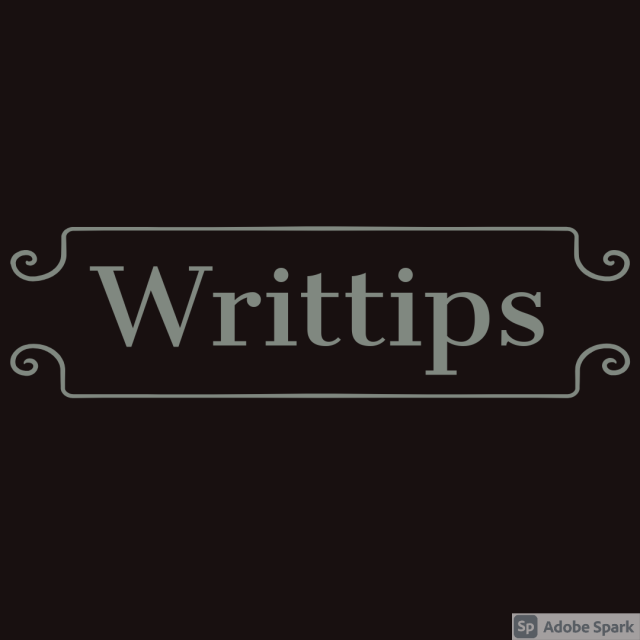
Ejercicios de estilo.
En la literatura, como en muchas otras formas de arte, el tono es importantísimo. Si siempre empleamos el tono del narrador, el del propio escritor o el de los personajes, nuestro texto sonaría igual siempre y los personajes parecerían clones.
Por eso, adecuar el tono al personaje, al momento y a la historia, convierte nuestro texto literario en una narración verídica.
Diferentes tonos:
“Mario es muy meticuloso”.
- COLOQUIAL: “Mario es muy tiquismiquis”.
- INTELECTUAL: “Mario realiza sus tareas de manera escrupulosa”.
- FORMAL: “Mario emplea un procedimiento metódico y organizado”.
- DESPRECIATIVO: “Mario es un quisquilloso”.
- INSEGURO: “Puede que Mario sea muy concienzudo”.
- TÉCNICO: “La actuación de Mario resalta por su complejidad y orden”.
Haz:
- Adecúa el tono al momento y personaje.
- Cambia el registro de cada personaje, incluso del narrador.
- Si el caso lo requiere, puedes cometer faltas de ortografía (si el personaje dialoga serán faltas fonéticas, si escribe pueden ser ortográficas)
- Utiliza adjetivos, adverbios, verbos y vocabulario específico para variar el tono literario.
No hagas:
- NO utilices cambios de la tipografía, letras negritas, cursivas o subrayadas, y mayúsculas. Son una manera cutre de conseguir un tono narrativo distinto.
- EVITA utilizar mucho los signos de exclamación o de puntuación.
- NO escribas todo bajo el punto de vista del escritor. Sino no se diferenciará de su manera de hablar.
- NO repitas el mismo estilo historia tras historia.
Autor: CAMILO JOSÉ CELA.
Escribió varios libros bajo diferentes estilos literarios. Puedes leer:
- Viaje a la Alcarria.
- La familia de Pascual Duarte.
- Oficio de tinieblas 5.
- La Colmena.
- Cristo versus Arizona.
Prueba a:
Escribir un relato sencillo bajo el punto de vista de in detective, un analfabeto, un chaval y una dependiente (si se os ocurren otros oficios u otros niveles de la lengua también podéis usarlos).
Cada uno de los personajes citados tiene su manera de expresarse, su jerga, un vocabulario relacionado con su trabajo, etc.








